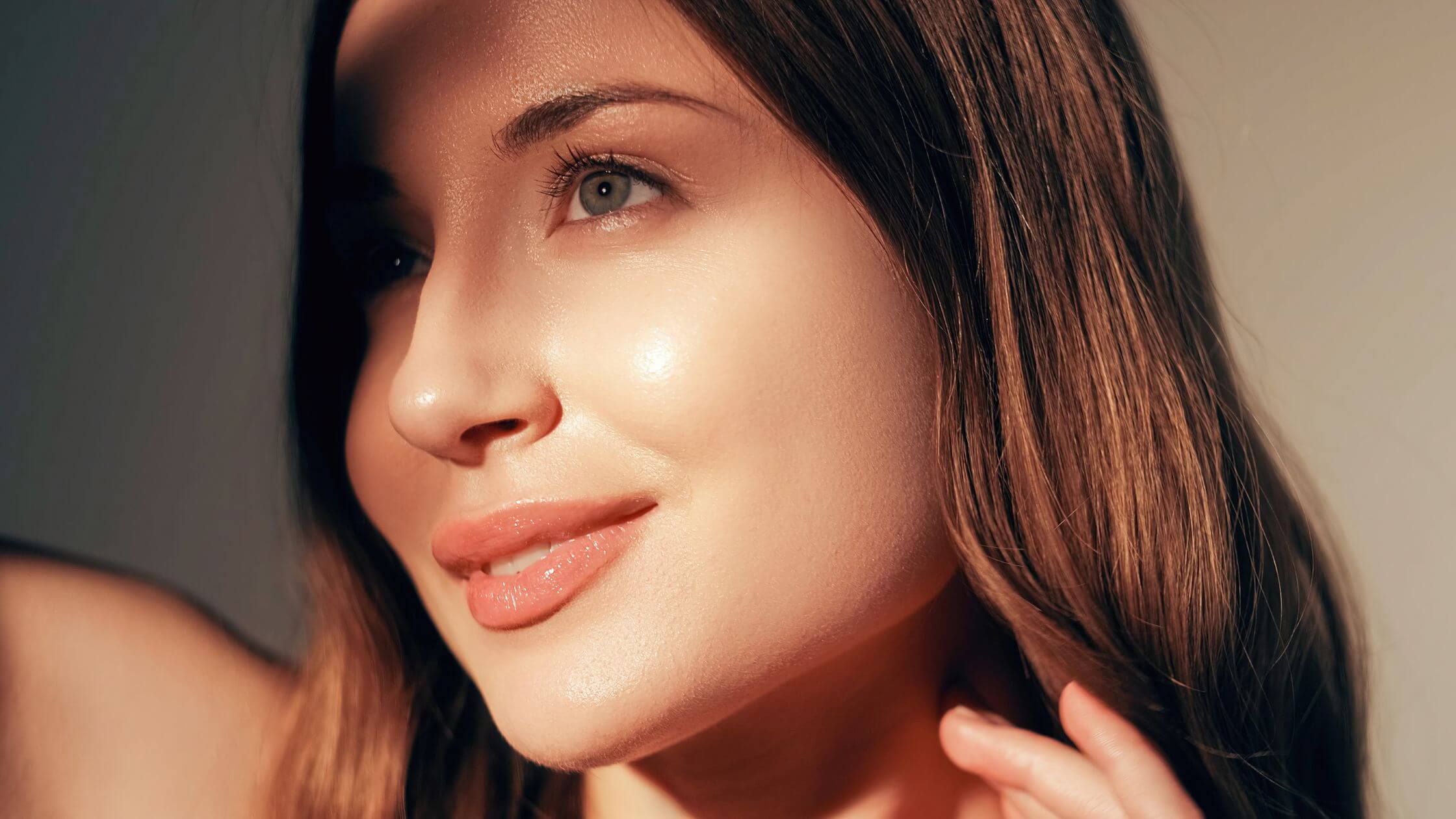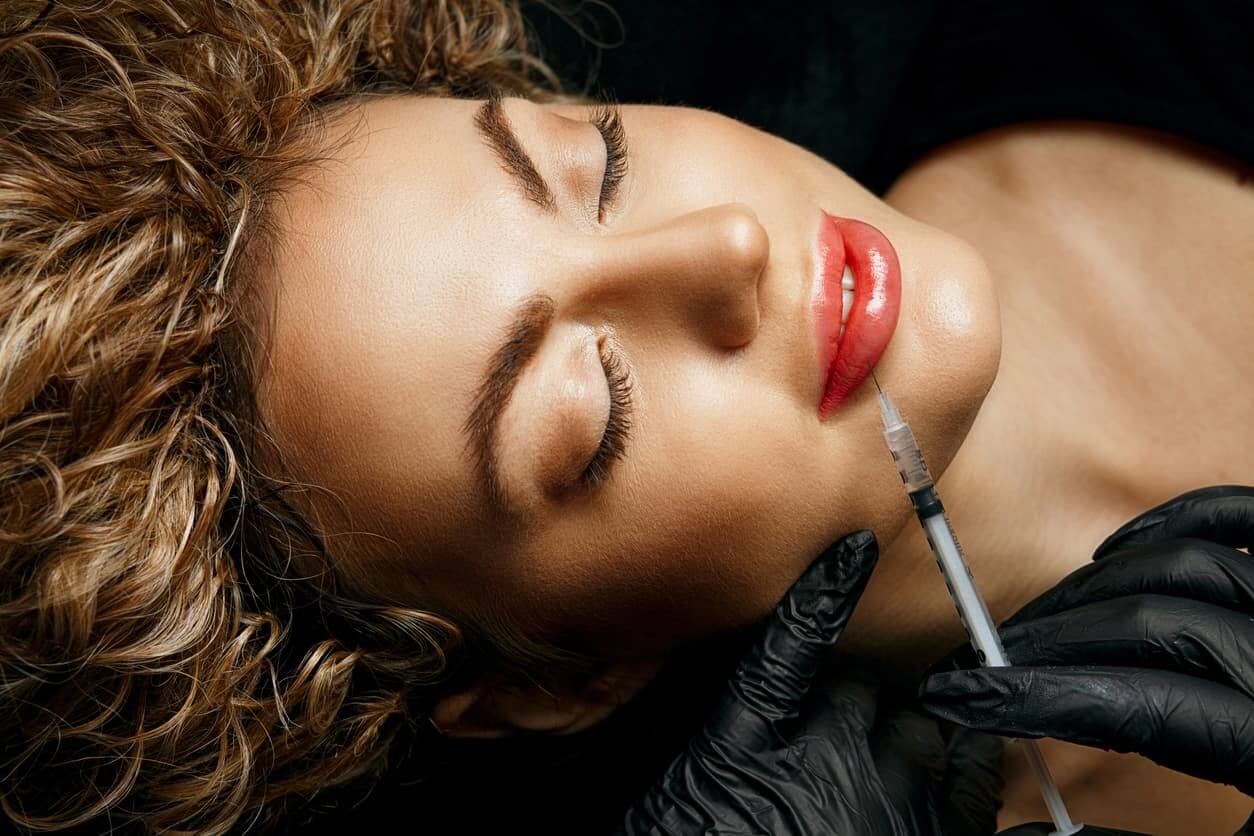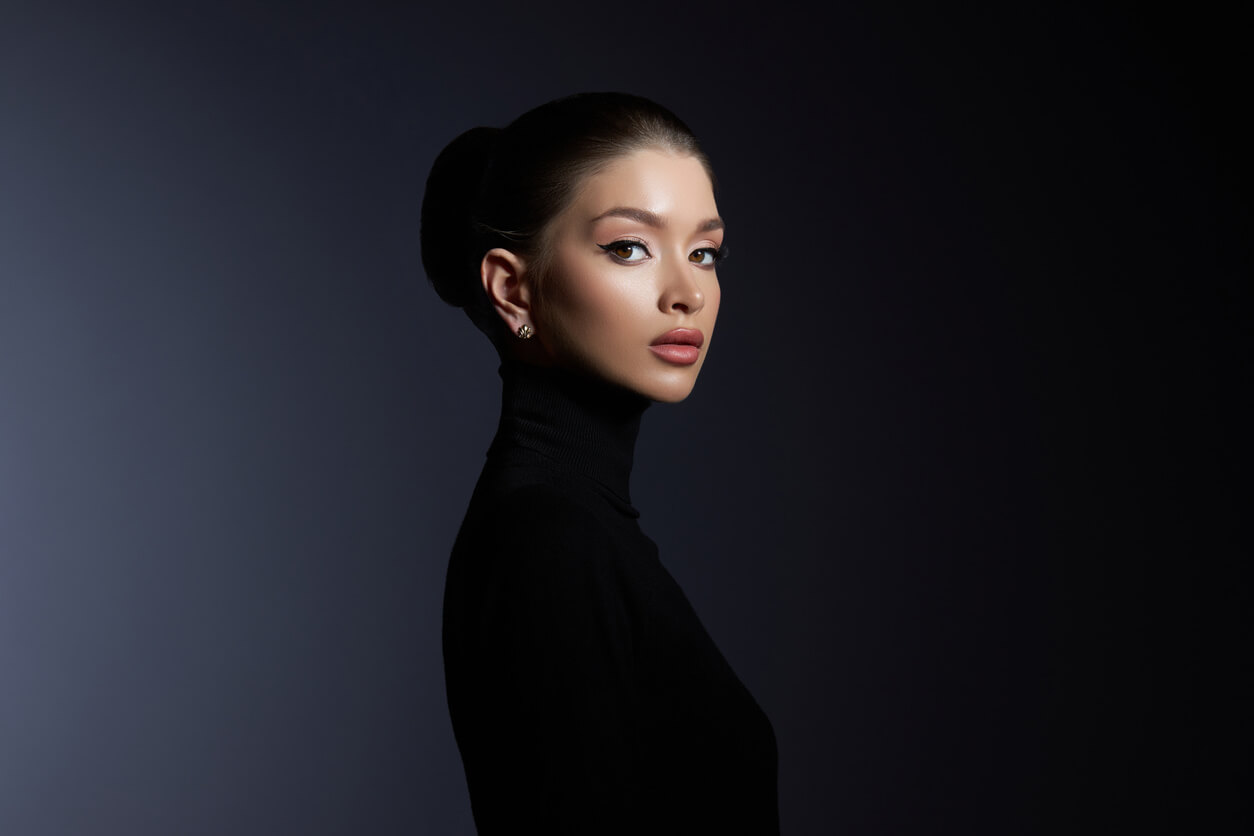Sunscreen is a product that most people only buy in the summer, only wearing it when going to the beach or to the pool. At best, those who are diligent with their sunscreen apply it when going outside in good weather, to prevent sunburns. Dermatologists, however, insist that wearing sunscreen every day of the year, whether the weather is sunny or cloudy, is essential for overall skin health, and the prevention of skin cancers such as melanoma. Of course, sun exposure is important for vitamin D intake, but you should know that there are several alternatives through different types of food or supplements ensuring a good supply of vitamin D for bone health. Over the past decades, medical evidence has demonstrated the adverse health effects of short and long-term sun exposure without proper protection.
THE SUN’S HARMFUL RAYS
The sun is constantly emitting ultraviolet rays, two of which reach the surface of the Earth. They are known as UVA and UVB rays. The UVB rays represent 5% of the UV rays and are the strongest during midday between 10am and 4pm. They are what causes your skin to burn when it’s exposed to the sun for too long without sufficient protection. Most importantly, UVB rays are also responsible for causing skin cancers like basal cell carcinoma, squamous cell carcinoma and malignant melanoma, a serious type of skin cancer that can actually spread to other organs in your body if not treated early. The UVA rays represent 95% of the UV rays and are present all year around, even during winter, all day long, from sunrise to sunset, and pass through windows and clouds. They can also contribute to skin cancers, but they play a bigger role in the deterioration of the look of your skin which is called photoaging. That’s because these rays penetrate much deeper into your skin through the dermis and denatures collagen which leads to a lack of support, sagging skin and wrinkles. Too much exposure to UVA rays can also cause uneven skin tone with darks spots, and premature skin aging.
TYPES OF SUNSCREEN
There are two main types of sunscreens: physical (mineral) sunscreen and chemical (organic) sunscreen. Physical sunscreen is the one that most people are familiar with. They’re also called sun blocks and use mineral-based ingredients like zinc oxide and titanium dioxide to reflect both UVA and UVB rays. Physical sunscreens are a great alternative for people with sensitive skin or skin allergies as they are less likely to irritate your skin. Nowadays, physical sunscreens are less thick and visible as they were couple of years ago. Technologies have emerged and physical components are now micronized, assuring a smooth and comfortable application on the skin. Chemical sunscreen, meanwhile, use organic compounds to protect against UV rays by absorbing the UV radiation and convert it to heat energy. Several chemical sunscreens exist and need to be combined to act synergistically together against the UVB and UVA spectrum. Chemical sunscreen textures are very light and can have great resistance to sweat and water exposure.

WHEN TO WEAR SUNSCREEN
There’s a very simple and straightforward way to figure out whether you should wear sunscreen: if you’re going to be outside, wear it! No matter the time of year, the weather conditions or the time of day, your skin needs sunscreen protection. It needs to become a simple habit in the morning like brushing your teeth before heading out. Even if the sun isn’t shining bright because it’s an overcast day, it is still emitting those harmful UVA and UVB rays. In fact, clouds don’t provide your skin much protection from the sun at all. On overcast days, your skin can still absorb 80% of the harmful rays.
HOW TO FACILITATE WEARING SUNSCREEN
The prospect of wearing sunscreen all day, every day, can seem daunting. The easiest and most effective way to wear sunscreen all the time is to buy skin care products that you would use every day anyway. Many moisturizers, corrective creams (BB or CC creams), and other skin care products contain SPF. Several makeup products such as certain foundations also contain it. For patients with acne who are afraid of having an unwanted flare-up from wearing sunscreen, know that there are now sunscreens in the form of anti-comedogenic mineral powder! When choosing a sunscreen beauty product, make sure it includes a broad spectrum SPF of at least 30, and UVB as well as UVA protection. Finally, don’t forget to apply your sunscreen generously, about the size of a teaspoon, all over your face and neck. Have a great, protected vacation!









